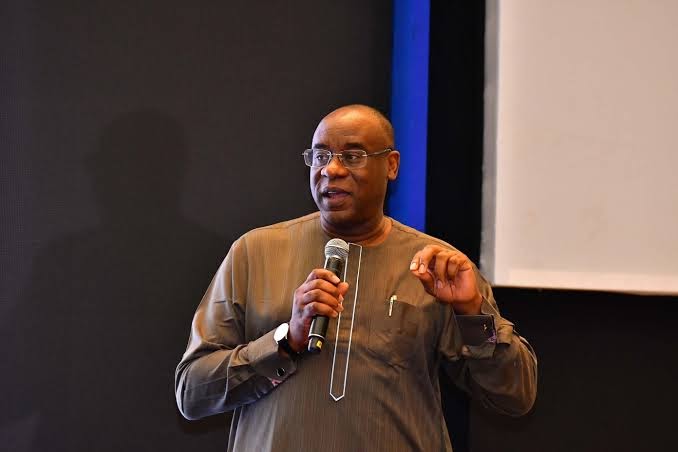Among the four deputy governors at the CBN, Shonubi was chosen above Aishah Ahmed, Edward Adamu, and Kingsley Obiora. His academic journey started at the University of Lagos, where he obtained a BSc in mechanical engineering in 1983. He continued his studies at the same university, earning an MSc in mechanical engineering. However, his career path diverged when he pursued an MBA with a focus on finance, transitioning into the IT industry, which would later shape his professional trajectory.
Shonubi's banking journey began as a marketing executive at Inlaks Computers Ltd. He then joined Citibank Nigeria Ltd as the head of treasury operations. After a stint at Agusto & Co. Ltd as a supervising consultant, he moved to MBC International Ltd as the deputy general manager for banking operations and IT. Subsequently, Shonubi held various positions, including vice president of operations and information technology at First City Monument Bank (FCMB) Ltd and executive director of operations and information technology at Ecobank Nigeria Plc.
Prior to his appointment at the CBN in October 2018 by President Muhammadu Buhari, Shonubi served as the Managing Director and CEO of the Nigeria Inter-Bank Settlement System (NIBSS). Now, as the acting governor of the CBN, Shonubi holds a key role in managing Africa's largest economy.
The central banking landscape faces significant challenges, including stabilising banks and curbing inflation. Recent events, such as the collapse of American banks and the troubles faced by Credit Suisse, highlight the precarious state of the financial system. In this context, Shonubi's role as acting governor takes on added importance.
Expectations are high for Shonubi as acting governor of the CBN. Exchange rates, price stability, interest rates, and economic growth are at the top of the agenda for the financial market and the public. Razia Khan, the Chief Economist for Africa and the Middle East Global Research at Standard Chartered Bank emphasises the need to address Nigeria's foreign exchange harmonisation and restore the functioning of the Investors and Exporters (I&E) window. She also stresses the importance of cleaning up the CBN's balance sheet and implementing FX reforms to ensure macroeconomic stability.
Shonubi wasted no time in taking action. The CBN recently announced the unification of all segments of the Nigerian forex market, collapsing multiple windows into the I&E window. This move aims to improve liquidity, and stability, and attract foreign investors to the Nigerian economy. Additionally, the CBN discontinued the RT200 program and the naira4dollar remittance scheme.
Under the new framework, the CBN reintroduced the "Willing Buyer, Willing Seller" model at the I&E window, allowing market forces to determine exchange rates and promote transparency. Trading limits on oversold and overbought foreign exchange positions have also been adjusted, providing more flexibility while preventing excessive accumulation of foreign exchange. The CBN reintroduced order-based two-way quotes and implemented a Central Counter Party (CCP) system to ensure transparency and secure transactions.
Shonubi's tenure as acting governor of the CBN will prioritise financial stability, price stability, and economic growth. His appointment aligns with President Bola Tinubu's commitment to unify Nigeria's multiple exchange rates and reform the nation's opaque exchange rate regime. The recent directive to remove restrictions on domiciliary accounts further promotes transparency and liquidity in the FX market.
As the financial market and the public anticipate the appointment of the next CBN governor, experts emphasise the need for engagement with stakeholders. A thorough understanding of monetary economics, collaboration between fiscal and monetary authorities, and a balanced approach to inflation and growth objectives are key qualities expected from the future CBN governor. Shonubi's experience and expertise will be crucial in addressing these expectations and navigating the challenges faced by Nigeria's central bank.



